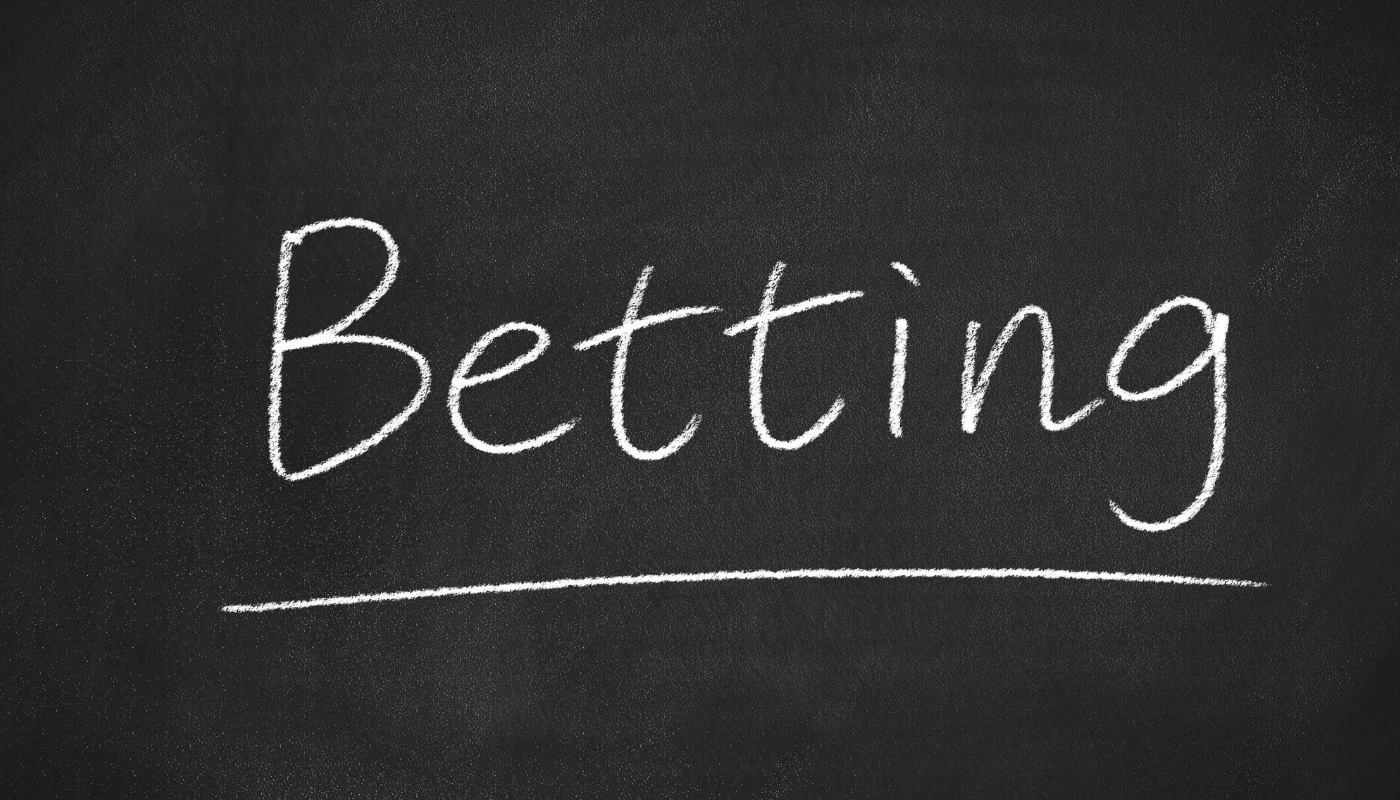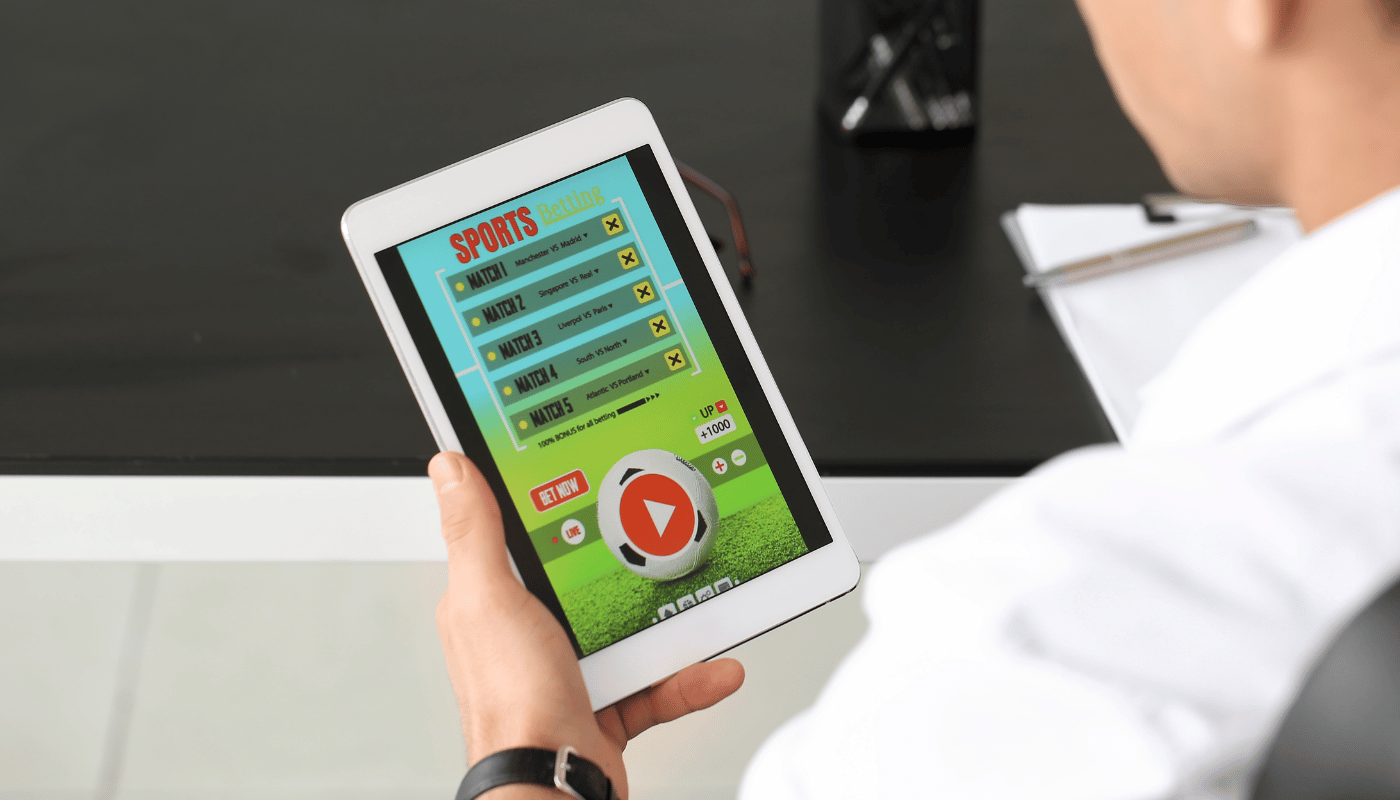A concussion, a type of traumatic brain injury, can lead to a range of symptoms that disrupt daily life, including headaches, dizziness, and visual disturbances. Among these visual disturbances, blurry vision is one of the most common symptoms experienced by those who have sustained a concussion. This symptom can make it challenging to focus, read, or perform routine activities, and its persistence often leaves individuals wondering how long does blurry vision last after concussion.
Blurry vision following a concussion is typically a result of brain disruption affecting the visual processing areas. While many people experience improvement over time, the duration of blurry vision can vary widely depending on factors like injury severity, age, and overall health. This article delves into what you need to know about post-concussion blurry vision, from typical recovery timelines and influencing factors to treatment options and preventive measures, offering a comprehensive guide to managing this symptom.
Understanding Concussions and Visual Symptoms
A concussion occurs when a sudden blow or jolt to the head disrupts normal brain function, resulting in a mild traumatic brain injury. This type of injury can affect various aspects of cognitive and physical function, as well as sensory perception. Concussions are often caused by sports-related impacts, car accidents, falls, or any incident where the head or body experiences a significant force. Following such trauma, the brain may struggle to process sensory information, leading to symptoms like dizziness, confusion, and changes in vision.
Visual disturbances are common among individuals with concussions, with blurry vision being one of the primary symptoms. Blurry vision occurs when the brain’s ability to control eye movements and focus is compromised, making it difficult to see objects clearly. This issue can lead to difficulty with reading, balance, and depth perception, all of which are essential for day-to-day tasks. Other common visual symptoms associated with concussions include light sensitivity, double vision, and difficulty tracking objects.
The duration of these visual symptoms can vary greatly depending on the individual and the specifics of the injury. Many people seek information on how long does blurry vision last after concussion because of the impact it has on daily activities. While some may experience blurry vision for only a few days, others may continue to experience it for weeks or even months. Recognizing these symptoms and understanding their origins can be the first step toward managing them effectively and seeking appropriate treatment if necessary.
Duration of Blurry Vision Post-Concussion
Blurry vision after a concussion can vary significantly in duration, depending on the individual and the severity of the injury. In many cases, vision clarity begins to improve within a few days to a few weeks as the brain starts to heal. However, for some individuals, blurry vision can persist for a more extended period, even lasting several months in more severe cases. This variability leads many to wonder how long does blurry vision last after concussion, as each person’s experience can be unique.
Generally, minor concussions result in symptoms that clear up within two to four weeks, including blurry vision. Moderate to severe concussions may require several months for full symptom resolution, especially if vision disturbances are present. Seeking medical guidance is crucial in these cases, as it can help set realistic expectations for recovery and ensure that the appropriate treatments are implemented.
Several factors can influence the duration of blurry vision following a concussion:
- Severity of the Concussion: The more intense the impact, the longer the recovery period, as more substantial brain disruption can prolong symptoms like blurry vision.
- Age of the Individual: Younger individuals often recover faster, while older adults may experience prolonged symptoms due to age-related slowing in the healing process.
- Pre-existing Vision Issues: Individuals with pre-existing vision problems, such as astigmatism or other eye conditions, may find that blurry vision persists longer after a concussion.
- Overall Health: Those in good overall health tend to recover more quickly than individuals with underlying health issues that might slow the body’s healing capabilities.
- Speed of Treatment: Early intervention, including vision therapy or physical therapy, can sometimes reduce the duration of symptoms by supporting quicker brain adaptation and recovery.
Understanding these factors can provide insight into why the recovery time for blurry vision can be so varied among individuals. For instance, someone with a history of vision problems may find that blurry vision lasts longer after a concussion than someone without such issues. Similarly, a younger athlete may recover faster than an older individual due to differences in brain plasticity and healing rates.
While many people see improvement within weeks, it’s essential to monitor the progression of symptoms. Persistent blurry vision may indicate a need for additional treatment or specialized care, such as vision therapy, to aid in recovery. Knowing that recovery times can vary and that medical support is available can make it easier to manage expectations and prioritize recovery.
Factors Influencing Recovery Time
The duration of blurry vision following a concussion can vary significantly based on several individual and injury-related factors. While some people experience only a few days of vision issues, others may find that symptoms persist for weeks or even months. Understanding the factors that influence recovery time can provide a clearer picture of what to expect and help individuals manage their recovery more effectively. For those asking how long does blurry vision last after concussion, these influencing factors can help explain the differences in recovery experiences.
Several factors can play a critical role in how quickly vision returns to normal:
| Factor | Impact on Recovery Time |
| Severity of Injury | More severe concussions often lead to longer recovery times for symptoms like blurry vision. |
| Age of the Individual | Younger individuals tend to recover more quickly than older adults, whose healing processes may be slower. |
| Pre-existing Eye Conditions | Vision conditions like nearsightedness or astigmatism can prolong blurry vision after a concussion. |
| Overall Health and Fitness | Good physical health can support faster recovery, while underlying health issues may slow the healing process. |
| Response to Treatment | Early intervention and adherence to recommended therapies can shorten the duration of blurry vision. |
In cases where the concussion is severe, recovery for symptoms such as blurry vision can be extended. Higher impact forces are likely to disrupt brain function more substantially, which may require additional time for the brain and visual system to recalibrate. Conversely, those with mild concussions may see symptoms clear up within a few days to weeks, as the brain experiences less severe disruption.
Age is also a considerable factor; younger individuals typically experience quicker recoveries due to greater brain plasticity and regenerative capacity. Older adults, on the other hand, may require a longer period to fully recover as natural aging can impact the body’s ability to heal efficiently. Pre-existing vision issues, like astigmatism or previous eye injuries, may further complicate recovery, as these conditions can exacerbate post-concussion vision disturbances.
Lastly, overall health plays an essential role in recovery. People with strong physical health, regular exercise habits, and good nutrition tend to recover faster than those with chronic health conditions or poor physical fitness. Following treatment plans, including vision therapy if recommended, can significantly influence the speed of recovery and help restore normal vision sooner.
These factors emphasize the importance of a tailored recovery approach. Recognizing personal health characteristics and injury specifics can help in setting realistic expectations and guiding recovery strategies.
Treatment and Management of Blurry Vision
Managing blurry vision after a concussion involves a combination of medical treatments and at-home strategies to support healing and reduce symptoms. For some individuals, blurry vision resolves on its own within a few weeks, but others may require specialized therapies to assist the brain and eyes in adjusting after trauma. Knowing how long does blurry vision last after concussion often depends on the treatment path chosen and the individual’s response to it.
In more persistent cases, treatment options may include vision therapy, medications, or physical therapy to address balance and coordination issues that accompany vision disturbances. Many healthcare providers recommend a personalized recovery plan that aligns with the severity of symptoms and overall health needs of the patient.
Here are common methods for treating and managing post-concussion blurry vision:
- Vision Therapy: This specialized therapy involves exercises designed to improve eye coordination, focus, and depth perception, which can help alleviate blurry vision.
- Rest and Reduced Screen Time: Limiting exposure to screens and bright lights helps reduce eye strain and allows the brain to recover.
- Use of Corrective Lenses: In some cases, temporary glasses or lenses with specific coatings can aid in reducing light sensitivity and improving focus.
- Balance and Coordination Therapy: For those experiencing dizziness alongside vision issues, therapy to improve balance can support a smoother recovery.
- Medication for Symptom Relief: When symptoms are severe, certain medications may be prescribed to manage headaches, nausea, or other related issues.
These treatments can be effective in reducing the intensity of blurry vision and supporting overall recovery. Vision therapy, for example, is particularly beneficial for individuals who experience difficulty focusing or tracking objects, as it trains the eyes to work more efficiently. Similarly, minimizing screen time and resting frequently can significantly alleviate the strain that exacerbates visual symptoms.
Implementing these methods not only aids recovery but also helps manage discomfort in daily life. For those struggling with prolonged blurry vision, working closely with a healthcare provider can ensure the most suitable treatments are applied to promote faster healing.
When to Seek Professional Help
While blurry vision is a common symptom following a concussion, there are instances where seeking professional medical help is essential to ensure proper recovery. Persistent or worsening vision symptoms, especially if they continue beyond a few weeks, may indicate the need for a thorough evaluation. For those who are unsure how long does blurry vision last after concussion, understanding when to consult a healthcare provider is crucial for timely and effective care.
If blurry vision is accompanied by additional symptoms such as severe headaches, increased dizziness, nausea, or difficulty focusing, these may be signs of a more complex issue requiring medical attention. Cognitive symptoms, including confusion, memory loss, or unusual drowsiness, should also prompt a visit to a healthcare provider, as they can indicate that the brain has not fully healed. Any noticeable behavioral changes, such as irritability or mood swings, combined with vision issues, could be a sign of deeper neurological concerns.
In some cases, individuals may experience double vision or find that their blurry vision worsens instead of improves. If symptoms appear to be progressing rather than diminishing, it’s important to consult a specialist who can assess whether additional treatment is needed. Professional guidance ensures that all aspects of the concussion are properly addressed, providing peace of mind and a pathway to complete recovery.
Ultimately, seeking timely medical assistance when symptoms persist or intensify supports a safe and comprehensive healing process, allowing individuals to return to their daily lives with greater confidence and comfort.
Preventive Measures to Reduce Risk of Prolonged Symptoms
While concussions can be unpredictable, there are steps that individuals can take to reduce the risk of prolonged symptoms, including blurry vision. Taking proactive measures before and after a concussion can help shorten recovery time and prevent vision issues from persisting. For those who are concerned about how long does blurry vision last after concussion, these preventive strategies can help minimize the duration and intensity of symptoms.
Concussion prevention starts with safety practices, especially in sports and activities where head injuries are more common. Implementing these measures both before and after a concussion can aid in a smoother recovery.
Here are some effective preventive strategies:
- Wear Proper Protective Gear: Using helmets and protective headgear during sports, biking, or risky work environments can significantly reduce head injury risk.
- Follow Safe Play Techniques: Coaches and athletes should prioritize proper techniques that avoid head contact or dangerous falls, particularly in contact sports.
- Practice Regular Eye and Brain Health Exercises: Engaging in activities that strengthen vision and cognitive processing can improve resilience if an injury occurs.
- Limit Screen Time After Injury: Following a concussion, reducing exposure to screens can help minimize eye strain and prevent symptoms like blurry vision from worsening.
- Stay Hydrated and Maintain Good Nutrition: A healthy diet and adequate hydration support brain health and aid in faster recovery following an injury.
These preventive measures not only lower the risk of initial injury but also help ensure that, if a concussion does occur, the recovery process is as smooth as possible. For example, using protective gear and practicing safe techniques during sports can greatly reduce the chances of experiencing a head injury that leads to prolonged symptoms.
In addition, limiting screen time and allowing plenty of rest after a concussion is essential. The brain requires time to recover, and activities that put strain on the eyes and brain should be minimized to prevent setbacks. By following these guidelines and seeking appropriate medical care, individuals can reduce the likelihood of prolonged blurry vision and other symptoms.
Conclusion
Blurry vision is a common symptom after a concussion, and while it often improves with time, the duration can vary depending on several factors. Understanding how long does blurry vision last after concussion depends on the severity of the injury, individual health, and the effectiveness of post-injury care. For most people, blurry vision will resolve within weeks, but in some cases, it may persist and require additional intervention.
Taking preventive steps to protect against head injuries and following recovery guidelines after a concussion can help reduce the risk of prolonged symptoms. If blurry vision or other symptoms persist, seeking professional medical advice is essential for a thorough assessment and effective treatment plan. With the right care and patience, most individuals can look forward to a full recovery, returning to their normal activities with confidence and clarity.


